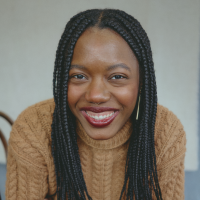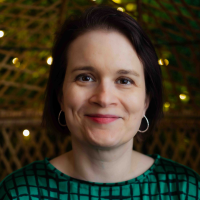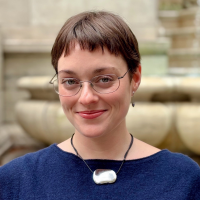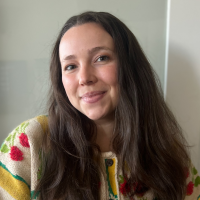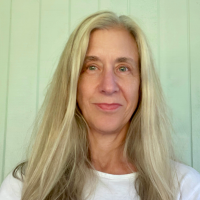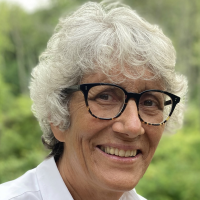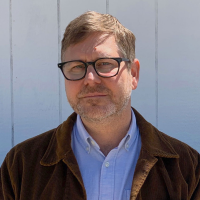Sarah Seltzer of Lilith Magazine

Jump to navigation Skip to content
A dependable source of professional and creative advice, this regular series features anecdotes, insights, tips, recommended reading and viewing for writers, and more from leading agents and editors.

